Asking for a Favor: The Three Keys
This post was originally published in the Harvard Business Review.
From small favors (“Could you cover for me on the conference call tomorrow?”) to the more onerous (“Can you please introduce me to your contact at Nike?”), we are all in the habit of asking one another for help. Keith Ferrazzi’s bestselling Never Eat Alone highlighted our personal interconnectivity at home and at work. It’s human nature: we rely on our network of friends, family and colleagues to help us in life. No one can go it alone.
Being deliberate about how to ask for what you need or want can make a huge difference in your outcome. When you are asking for a favor, here are the three key steps to keep in mind:
- Set the Stage: “I have a favor to ask you”
- Give a Reason
- Provide an Escape Clause
Set the Stage
The phrase “I have a favor to ask you” is a small but powerful thing; it suggests an informal contract of sorts — if you help me now, I’ll get you back you later. Taking time to acknowledge that your request is indeed a favor and not just a given implies a two-way relationship that acknowledges some level of give and take, as opposed to just making the other person feel like they’re being taken for a ride.
It also gives the other person a moment (however brief) to switch gears and go into receiving mode to prepare to respond. Whether your friend or colleague’s initial reaction is “uh-oh” or “happy to help,” being transparent and stating your motive before asking for the actual favor is helpful.
Consider the following:
- Anthony, can you please cover for me at the client dinner tonight, I’m not going to be able to break away from the office?
- Anthony, I have a favor to ask you… by any chance could you cover for me at the client dinner tonight? I’m not going to be able to break away from the office.
While in the first scenario Anthony may be caught off guard, in the second scenario he gets a brief heads-up and extra second or two to prepare his response. Equally important, the first request runs the risk of sounding like a command. In the second phrase, it’s clear that you value Anthony’s time and effort and imply that you’ll be open to returning the favor at some point.
Give a Reason
In Robert Cialdini’s iconic book Influence, he showed that if you ask someone to do you a favor, you have better luck when providing a reason; people react positively to the word “because.” Even if the reason makes no sense or is unrelated to the request, people like to know why they’re being asked to do something. Presumably, your reason does make sense and is directly related to your request — so go ahead and share it.
One can imagine having even less success with the request above by simply stating “Anthony, can you cover for me at the client dinner tonight?” Your odds of Anthony complying just because he’s a swell guy are probably pretty low.
Provide an Escape Clause
People are inherently good and they like doing things to help. Giving is said to be more fulfilling than receiving. So keep in mind that your goal is twofold–to get what you ask for and to do it in a way that enables the other person to feel good about helping out. The best way to do this is to always give the other person the opportunity to easily and graciously decline. No one feels good about doing a favor that is “put” to them. A favor you don’t really have the option of opting out of is not so much a favor as a command.
Quickly after making your request, be sure to add the following:
- If you can’t help out, I completely understand, but I thought I’d ask.
- I completely understand if you can’t make it; I know it’s a busy week for everyone.
- I’d love an introduction to Katherine, but if you don’t feel comfortable passing along her information for any reason that’s okay. I don’t want to create an uncomfortable situation for you.
People won’t always come through for you and you’re not expected to keep track — you shouldn’t simply decline someone’s request because they didn’t pull through for you last time. You can, however, do your best to ask people in a way that shows gratitude and that maximizes your chances of getting what you really need or want. Presumably, you will pay it forward at some point along the way.

